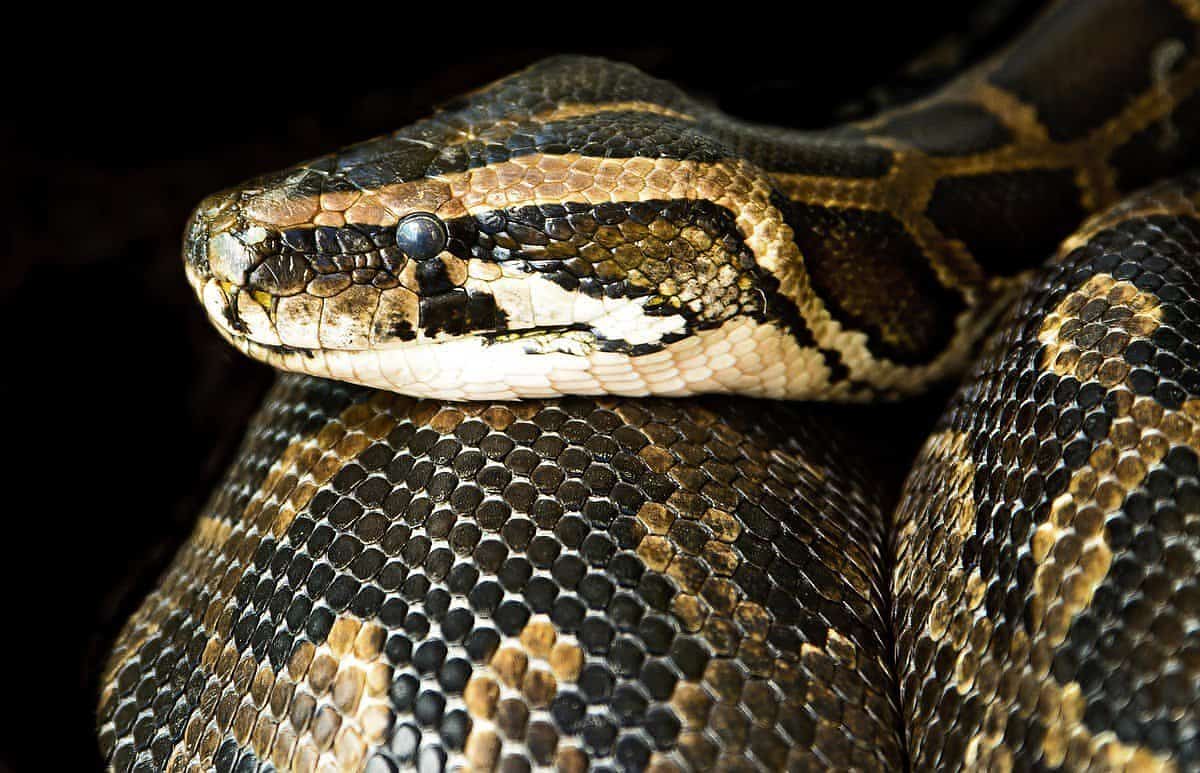Costa Rica is home to a diverse range of species, from glass frogs and sea turtles to butterflies and songbirds. Unfortunately, these animals are at risk due to the increasing threat of illegal wildlife trafficking. The Ministry of Environment and Energy (MINAE) has taken steps to address this issue by providing specialized training to officials from 10 institutions to combat this illicit trade.
Over 60 government representatives participated in the workshop “Combating wildlife trafficking in Costa Rica,” which took place at the National Police Academy in the province of Limón. The aim of the workshop was to equip officials with the necessary skills and knowledge to prevent and detect illegal wildlife trafficking.
MINAE has pointed out that according to official data from the International Police, this illicit business generates an annual income of up to $20 billion. This staggering amount highlights the importance of tackling this issue, not only for the protection of Costa Rica’s fauna but also for the global environment.
The regional director for Latin America and the Caribbean of the International Fund for Animal Welfare (IFAW), Joaquín de la Torre, has stated that biodiversity loss is one of the world’s most pressing environmental crises, and wildlife trafficking is one of the main contributing factors. Wildlife trafficking not only endangers the survival of species but also encourages other illegal activities.
It is also extremely cruel to animals and represents a risk to human health by creating ideal conditions for generating new pathogens and, thus, the risk of new pandemics.
Shirley Ramírez, a wildlife biologist of the National Commission for Biodiversity Management of MINAE, stated that the only way to confront organized crime is through collaborative work and strengthening the skills of those facing daily criminal acts. This collaborative approach is crucial in addressing the issue of illegal wildlife trafficking, which is a global problem.
Wildlife is trafficked in Costa Rica to supply the market for pets, skins, eggs, teeth, nails, feathers, insects, shells, starfish, and snails. Wild species are also looted for the international market, such as frogs, snakes, spiders, beetles, and butterflies. This illicit trade is not only a threat to Costa Rica’s fauna but also to the global environment.
The training provided by MINAE aims to prevent such acts and adequately sanction those who break the law and endanger Costa Rica’s fauna. The deputy environmental prosecutor and coordinator of the National Environmental Security Commission, José Pablo González, stated that Latin America is a region with a great diversity of species.
He also pointed out that Costa Rica is “megadiverse” and prone to this issue. The specialized training provided to officials is, therefore, an essential step in combating this problem.
The threat of illegal wildlife trafficking is a pressing issue that requires collaborative efforts to combat it. MINAE’s efforts to provide specialized training to officials is a significant step in protecting Costa Rica’s fauna and combating this illicit trade. However, this issue requires ongoing efforts, and it is essential that individuals, organizations, and governments work together to address this issue and protect the world’s biodiversity.






